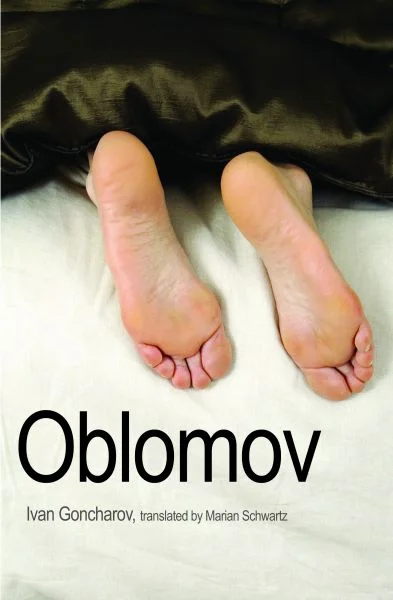Tolstoy's romantic Anna, long-suffering Karenin, dashing Vronsky, and dozens of their family members, friends, and neighbors are among the most vivid characters in world literature. In the thought-provoking Introduction to this volume, Gary Saul Morson provides unusual insights into these characters, exploring what they reveal about Tolstoy's radical conclusions on romantic love, intellectual dishonesty, the nature of happiness, the course of true evil, and more.
Read MoreWalpurgis Night, by acclaimed Russian writer Venedikt Erofeev, is considered a classic in the playwright's homeland. Erofeev's dark and funny five-act satire of Soviet repression has been called the comic high-water mark of the Brezhnev era. Walpurgis Night dramatizes the outrageous trials of Lev Isakovich Gurevich, an alcoholic half-Jewish dissident poet confined by the state to a hospital for the insane. In "Ward 3"—a microcosm of repressive Soviet society—Gurevich deploys his brilliant wit and ingenuity to bedevil his jailers, defend his fellow inmates, protest his incarceration, and generally create mayhem, which ultimately leads to a tragedy of Shakespearean proportions.
Read MoreBased largely on formerly top-secret Soviet archival documents (including 66 reproduced documents and 70 illustrations), this book portrays the inner workings of the communist party and secret police during Germany's horrific 1941–44 siege of Leningrad, during which close to one million citizens perished. It shows how the city's inhabitants responded to the extraordinary demands placed upon them, encompassing both the activities of the political, security, and military elite as well as the actions and attitudes of ordinary Leningraders.
Read MoreKazimir Malevich's painting "Black Square" is one of the twentieth century's emblematic paintings, the visual manifestation of a new period in world artistic culture at its inception. None of Malevich's contemporary revolutionaries created a manifesto, an emblem, as capacious and in its own way unique as this work; it became both the quintessence of the Russian avant-gardist's own art—which he called Suprematism—and a milestone on the highway of world art. Writing about this single painting, Aleksandra Shatskikh sheds new light on Malevich, the Suprematist movement, and the Russian avant-garde.
Read MoreSet at the beginning of the nineteenth century, when idleness was still looked upon by Russia’s serf-owning rural gentry as a plausible and worthy goal, Ivan Goncharov’s Oblomov follows the travails of an unlikely hero, a young aristocrat incapable of making a decision. Indolent, inattentive, incurious, given to daydreaming and procrastination, Oblomov clearly predates the ideal of the industrious modern man, yet he is impossible not to admire through Goncharov’s masterful prose.
Read MoreThe 14,500 Polish army officers, police, gendarmes, and civilians taken prisoner by the Red Army when it invaded eastern Poland in September 1939 were held in three special NKVD camps and executed at three different sites in spring 1940, of which the one in Katyn Forest is the most famous. Another 7,300 prisoners held in NKVD jails in Ukraine and Belarus were also shot at this time, although many others disappeared without trace. The murder of these Poles is among the most monstrous mass murders undertaken by any modern government.
Read MoreLeaders of the Soviet Union, Stalin chief among them, well understood the power of art, and their response was to attempt to control and direct it in every way possible. This book examines Soviet cultural politics from the Revolution to Stalin's death in 1953. Drawing on a wealth of newly released documents from the archives of the former Soviet Union, the book provides remarkable insight on relations between Gorky, Pasternak, Babel, Meyerhold, Shostakovich, Eisenstein, and many other intellectuals, and the Soviet leadership. Stalin's role in directing these relations, and his literary judgments and personal biases, will astonish many.
Read MoreAlthough much has been written about the political history of the Russian revolution, the human story of what the revolution meant to ordinary people has rarely been told. This book gives voice to the experiences, thoughts, and feelings of the Russian people—workers, peasants, soldiers—as expressed in their own words during the vast political, social, and economic upheavals of 1917.
Read More







